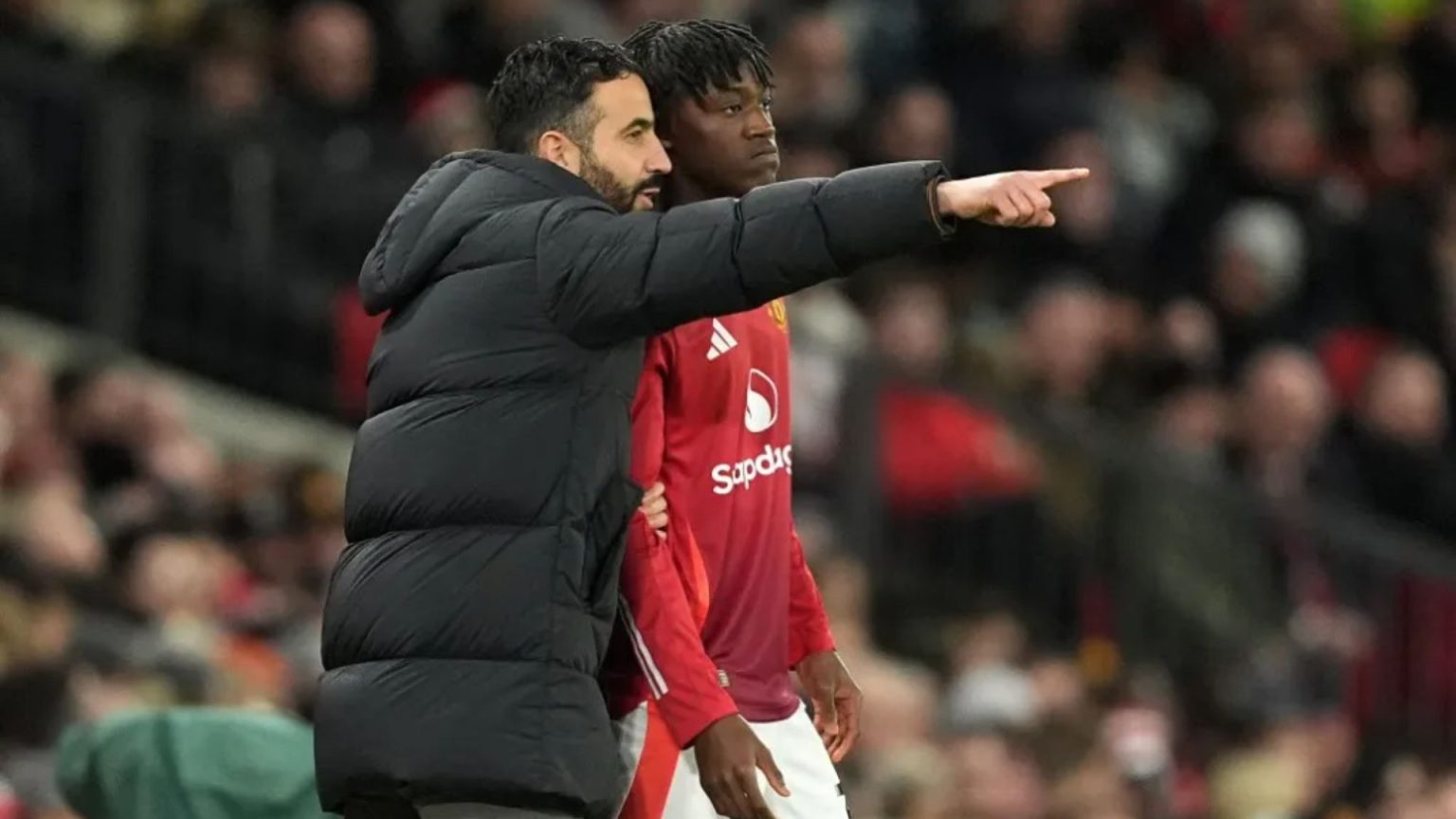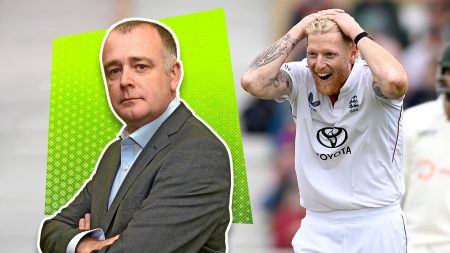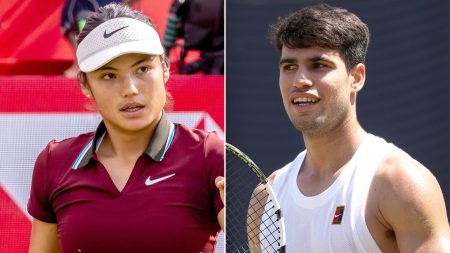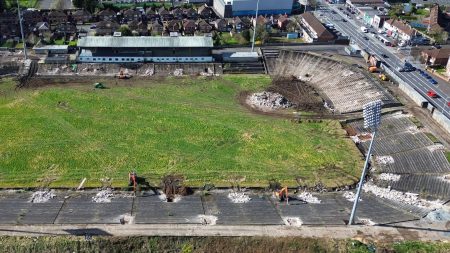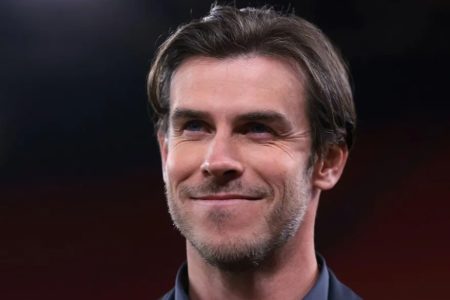Ruben Amorim, the manager of Manchester United, finds himself in a precarious position, torn between his desire to nurture young talent and the club’s pressing financial constraints. He openly expresses his admiration for Kobbie Mainoo, a 19-year-old midfielder, emphasizing the player’s continuous improvement and his intention to retain such promising individuals. However, Amorim acknowledges the harsh financial realities facing the club, hinting at the possibility of sacrificing key players, including Mainoo, to navigate the challenging economic landscape. This internal conflict underscores the difficult decisions facing the manager as he attempts to balance sporting ambition with financial prudence.
The financial pressures stem from Manchester United’s struggle to comply with Premier League profit and sustainability rules. This precarious financial situation, coupled with a lack of transfer funds, has forced the club to consider drastic cost-cutting measures, including the potential sale of valuable assets like Mainoo. The young midfielder, valued at a minimum of £60 million, represents a significant financial opportunity for the club, a temptation that might prove difficult to resist despite Amorim’s clear preference to retain him. This situation highlights the overarching influence of financial regulations on team management and strategic decision-making within modern football.
Adding to the complexity, Sir Jim Ratcliffe, a part-owner of the club, has already implemented stringent cost-cutting measures across the organization. This preemptive action further emphasizes the severity of the financial situation and reinforces the possibility of Mainoo’s departure. While Amorim publicly states his desire to keep his best players, specifically highlighting Mainoo’s talent, the underlying financial pressures exerted by Ratcliffe’s austerity measures suggest that a substantial offer for the young midfielder might be too tempting to refuse. This dynamic reveals the power dynamics within the club and the potential for financial considerations to override managerial preferences.
The potential sale of Mainoo is not an isolated incident. The club is also contemplating parting ways with other players, including Marcus Rashford and Alejandro Garnacho, to alleviate financial strain. Rashford’s apparent unhappiness further fuels speculation about his potential departure, while Garnacho’s future also hangs in the balance. These potential exits underscore the breadth of the financial challenge facing Manchester United and the lengths to which the club might go to regain financial stability. The willingness to consider selling key players like Rashford and Garnacho demonstrates the depth of the financial predicament.
Despite these looming financial concerns, Amorim remains focused on the sporting aspect of his role. As he prepares for his first FA Cup tie against Arsenal, he emphasizes his respect for the competition’s history and tradition, signaling his intention to field a strong team despite the potential distractions. While acknowledging the need to rotate goalkeeper Andre Onana with Altay Bayindir, Amorim’s commitment to fielding a competitive side in the FA Cup underlines his dedication to upholding the club’s sporting integrity amidst the financial turmoil. This commitment to the FA Cup, a prestigious competition, underscores Amorim’s desire to maintain a competitive edge despite the club’s financial limitations.
In conclusion, Ruben Amorim’s tenure at Manchester United begins under a cloud of financial uncertainty. While he publicly champions the development and retention of young talents like Kobbie Mainoo, the club’s precarious financial position and the cost-cutting measures implemented by Sir Jim Ratcliffe suggest that difficult decisions lie ahead. The potential sale of Mainoo, along with other key players, highlights the extent of the financial challenge and the potential conflict between sporting ambition and financial pragmatism. Despite these pressures, Amorim remains focused on on-field matters, demonstrating his commitment to maintaining Manchester United’s competitive spirit, even amidst financial constraints, as evidenced by his approach to the upcoming FA Cup tie against Arsenal. The situation presents a significant test for the new manager, requiring him to navigate a complex landscape of financial pressures and sporting expectations.





